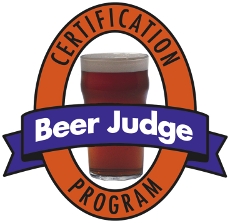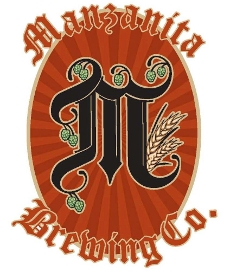Vegan and Non-Vegan Beers: Ingredients and Procedures
As I mentioned in an earlier post, I adhere to a vegetarian diet and this makes me somewhat unusual amongst the brewing crowd. Beer culture and meat culture go hand and hand and I don’t expect the “haha, how do you even survive” jokes to end anytime soon. Some ribbing isn’t so bad, though I do occasionally miss out on delicious meals when the bacon-themed food truck comes around or Tyler breaks out the grill in mid-January to serve up Carne Asada tacos.
— On a related note, big thanks to Seabirds and the Lime Truck for being vegan and vegetarian-friendly, respectively. Sooo delicious. —
I obviously have no right to complain, though, as I’ve subjected myself to this bacon-less torture. I merely hope to provide the context for a conversation I had with Tyler awhile back in which he asked me if I buy only vegan-friendly beers. I’ve never tried to maintain a coherent vegan diet (i.e. no animal byproducts as ingredients) so I hadn’t ever considered the matter, but the subject did pique my interest.
Some non-vegan beers are pretty hard to miss: oyster stouts have… you guessed it, oyster; braggots or other meads rely heavily on honey for their sugar content, as do many beers such as Honey Blondes. I say “most” because of the existence of honey malt. I hadn’t encountered this ingredient until the maltster from Gambrinus Malting paid us a visit at Manzanita Brewing Company. Honey malt was one of his specialties that he was showing to Garry that day, so we spent a while tasting and discussing it. He explained that there is no actual honey involved in creating said malt and claimed that it tastes and smells so distinctly of it’s namesake that some brewers use it in lieu of the real thing in their so-called “honey” beers. I’m not sure I believe that, but it’s worth considering. Another confusing case is the sweet stout, otherwise known as the “milk” or “cream” stout. Many traditional examples of this beer included lactose, a sugar culled from whey. However, these days there are plenty of sweet stouts that get their unfermentable sugars from other, vegan-friendly, sources.
Aside from those more obvious ingredients, many beers are non-vegan because they include animal products as fining or filtration agents. Isinglass, a gelatin made from fish bladders, is one of the more common non-vegan fining agents. Additionally, some brewers may use animal byproducts to assist with head retention. Procedural ingredients such as these are unlikely to be listed on a label; if you want to play it safe, unfiltered beers are the most likely to be vegan-friendly. However, at the end of the day the only way to be sure is contact the brewery and ask. Luckily, these fine folks there have compiled what seems to be the most complete list of vegan and non-vegan breweries on the ‘net. While I still refuse to limit myself to vegan-friendly beers, it is interesting to see who uses what processes and how each company has fielded these inquiries. Enjoy!






I also adhere to the vegetarian (vegan actually) lifestyle and have struggled with the beer issue. I know that I’ve tried many beers that weren’t vegan, though I avoid the obvious ones like oyster or milk stouts. I think you actually have it backwards when you say that unfiltered beers are more likely to be vegan. Most filtered beers will be vegan in my experience because they are filtered with DE or cellulose cartridges. Silica or PVPP may also be involved in the filtration process, but these are also vegan. It’s the unfiltered beers that you have to be more careful with because these beers are often fined instead and many brewers still use gelatin or isinglass. At Firestone, we generally filter and stabilize with a mix of DE and silica. We’ve only had to fine one beer, which was a recent batch of parabola that wouldn’t clear up enough in the fermenter. Luckily they decided to use Biofine Clear, which is a vegan alternative to gelatin and isinglass. I’m hoping that Biofine becomes more widespread in the industry. From what I’ve heard it’s a very good fining agent. The only downside when compared with gelatin is that is doesn’t remove any tannins (just yeast and protein). Some brewers have told be that they really like gelatin in their IPAs because it smooths out the hop flavor (I know Russian River and Hollister are in this camp).
Things are progressing though. As many smaller breweries grow and wish to keep their beers unfiltered, I’ve seen centrifuges become more popular for beer clarification. Ballast Point and Bear Republic are two that just got them. I think they’re pretty awesome because you get clear beer in less time, waste less than is typical with filtration, and they are obviously vegan.
Sorry for the novel, but this topic is a big one from me and I thought I’d share my experiences. What does The Bruery do for beer clarification?